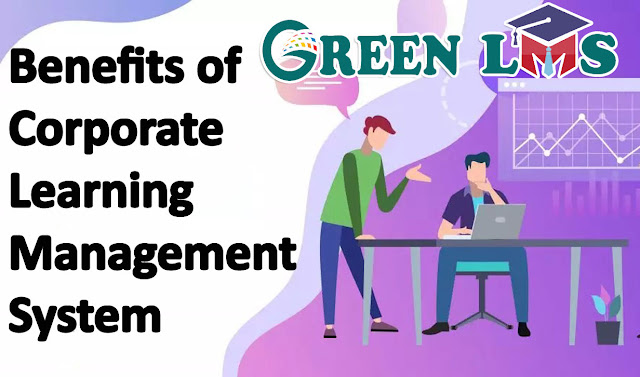The Role of Artificial Intelligence in Learning Management Systems

In today's technology-driven world, learning management systems (LMS) have become indispensable tools for organizations of all sizes, revolutionizing the way they train, educate, and engage their employees and learners. With the advent of artificial intelligence (AI), LMS are poised to undergo a significant transformation, enhancing their capabilities and further expanding their impact on the world of education. AI in LMS: Enhancing Personalization and Adaptability AI has the potential to revolutionize LMS by introducing a new level of personalization and adaptability to the learning experience. AI-powered LMS can analyze student data, including their learning styles, strengths, weaknesses, and progress, to tailor instruction and recommendations to each individual learner. This personalized approach can significantly enhance student engagement, improve learning outcomes, and promote a more effective and efficient learning process. Key Applications of AI in LMS AI can be


